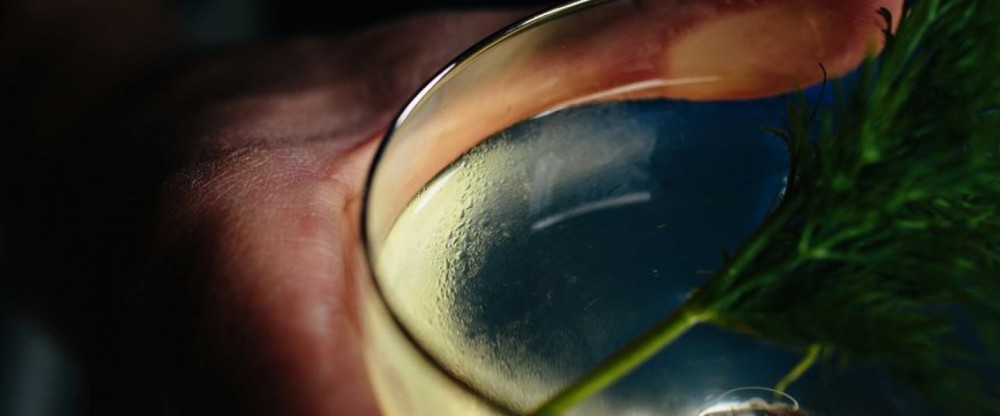How Alcohol Affects the Quality—And Quantity—Of Sleep
Anyone who drinks alcohol from time to time knows that beer, wine, or spirits can sometimes leave you feeling drowsy. In fact, as many as 20 percent of Americans use alcohol to help them fall asleep. But while alcohol, a depressant, can help you fall asleep faster, it also contributes to poor quality sleep later. Here’s what happens—behind your closed eyes—when you go to sleep after drinking.
There’s a battle of sleep rhythms.
Drinking alcohol before bed is linked with more slow-wave sleep patterns called delta activity. That’s the kind of deep sleep that allows for memory formation and learning. At the same time, another type of brain pattern—alpha activity—is also turned on. Alpha activity doesn’t usually happen during sleep, but rather when you’re resting quietly. Together the alpha and delta activity in the brain after drinking may inhibit restorative sleep.
It can interrupt your circadian rhythm.
While you may fall asleep quickly after drinking, it's also common to wake up in the middle of the night. One explanation is that alcohol may affect the normal production of chemicals in the body that trigger sleepiness when you’ve been awake for a long time, and subside once you’ve had enough sleep. After drinking, production of adenosine (a sleep-inducing chemical in the brain) is increased, allowing for a fast onset of sleep. But it subsides as quickly as it came, making you more likely to wake up before you’re truly rested.
It blocks REM sleep.
Another reason people get lower-quality sleep following alcohol is that it blocks REM sleep, which is often considered the most restorative type of sleep. With less REM sleep, you’re likely to wake up feeling groggy and unfocused.
It can aggravate breathing problems.
Alcohol causes your whole body to relax, including the muscles of your throat. And that makes you more prone to snoring and sleep apnea.
It leads to extra bathroom trips.
Typically, your body knows that nighttime is time for sleep, not time for trips to the bathroom. That means that your body has learned to put your bladder into hibernation for the night. But alcohol, a diuretic, can make you need to go more, interrupting your normal sleep pattern.
The right head support can greatly improve how comfortable you feel in bed.Learn more about how these medical devices can make a big difference in nighttime comfort for people with breathing issues.Nearly one-quarter of all workers have shifts that are not during the daytime, and more than two-thirds of these workers...Have you ever wanted to know what happens to your body during menstruation? The latest infographic from the National Sleep...The Electronics and Sleep infographic highlights how technology affects the modern family and how parents can help design a sleep...Orexin receptor antagonists: A new class of sleeping pill Find out more about orexin, and a new type of sleep...Great news: more than three-fourths (76%) of those surveyed say that they had a good night’s sleep at least a...Feeling rested and rejuvenated after a night’s sleep is everyone’s goal, but how is that feeling measured? Sleep satisfaction ,...If you’ve noticed that your sleep habits have changed, without any major shifts to your lifestyle, you may want to...Hormonal changes during menopause can trigger a number of unwelcome sleep disruptions. In fact, up to half of all menopausal...

Source: Internet





